Frequently Asked Questions
Do You Have Questions About Estate Planning or Probate?
Estate Planning FAQs
Creating an estate plan is not always a straightforward process. Even for a simple estate, there are many steps necessary before you have a legally sound plan drafted. At Peter J. Snyder, P.A., attorney Peter J. Snyder understands this firsthand. He has helped many people throughout Florida create tailored estate plans. This page will address some of the most common questions that his clients have asked about the estate planning process.
Probate FAQs
No one looks forward to probating an estate. Probate is an often complex, time-consuming and expensive legal process. At Peter J. Snyder, P.A., attorney Peter J. Snyder helps people throughout Florida navigate probate law and find solutions to their legal needs. He understands that you probably have many questions about what to expect from probate. This page will take the time to answer some of these questions.

